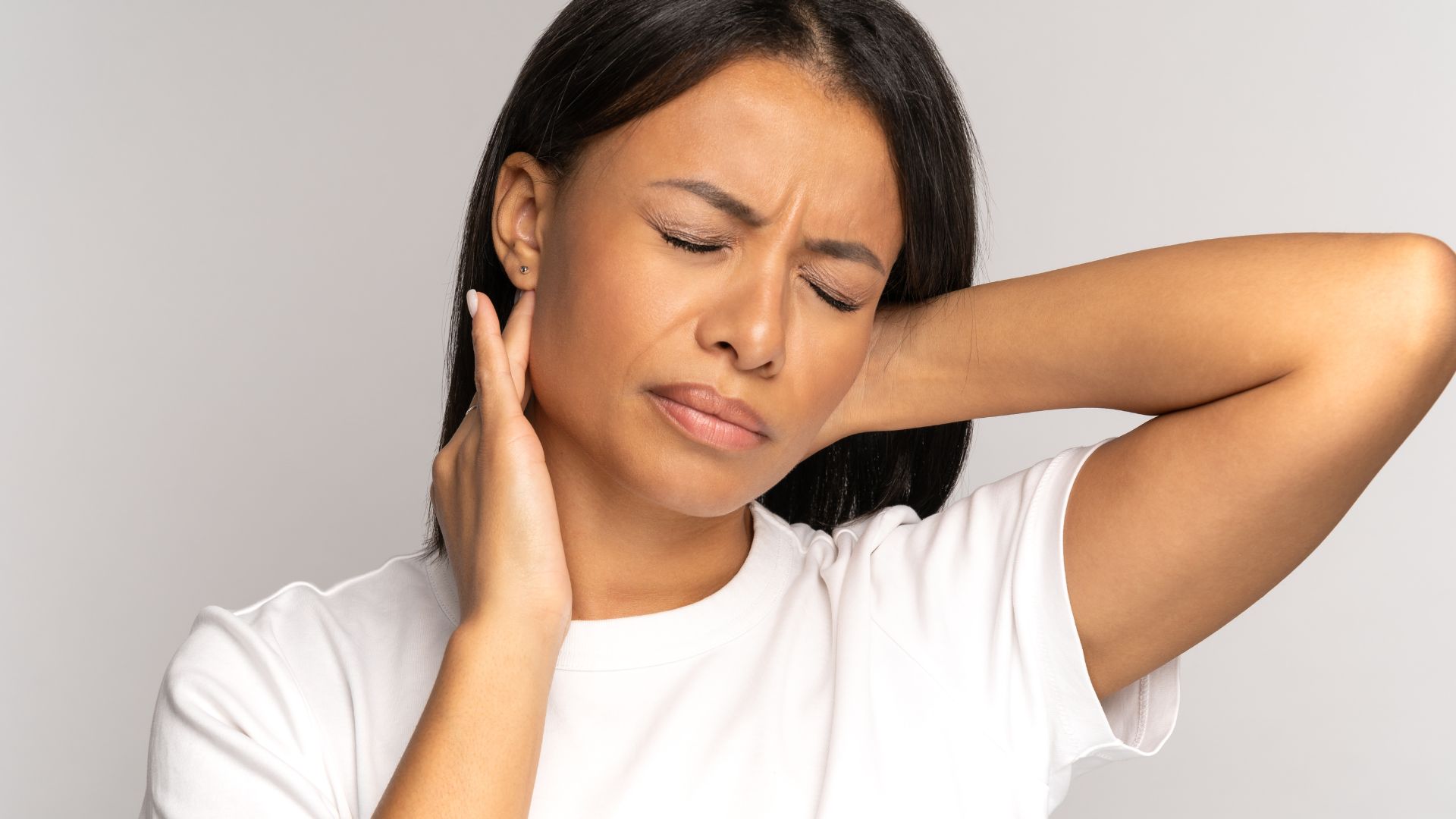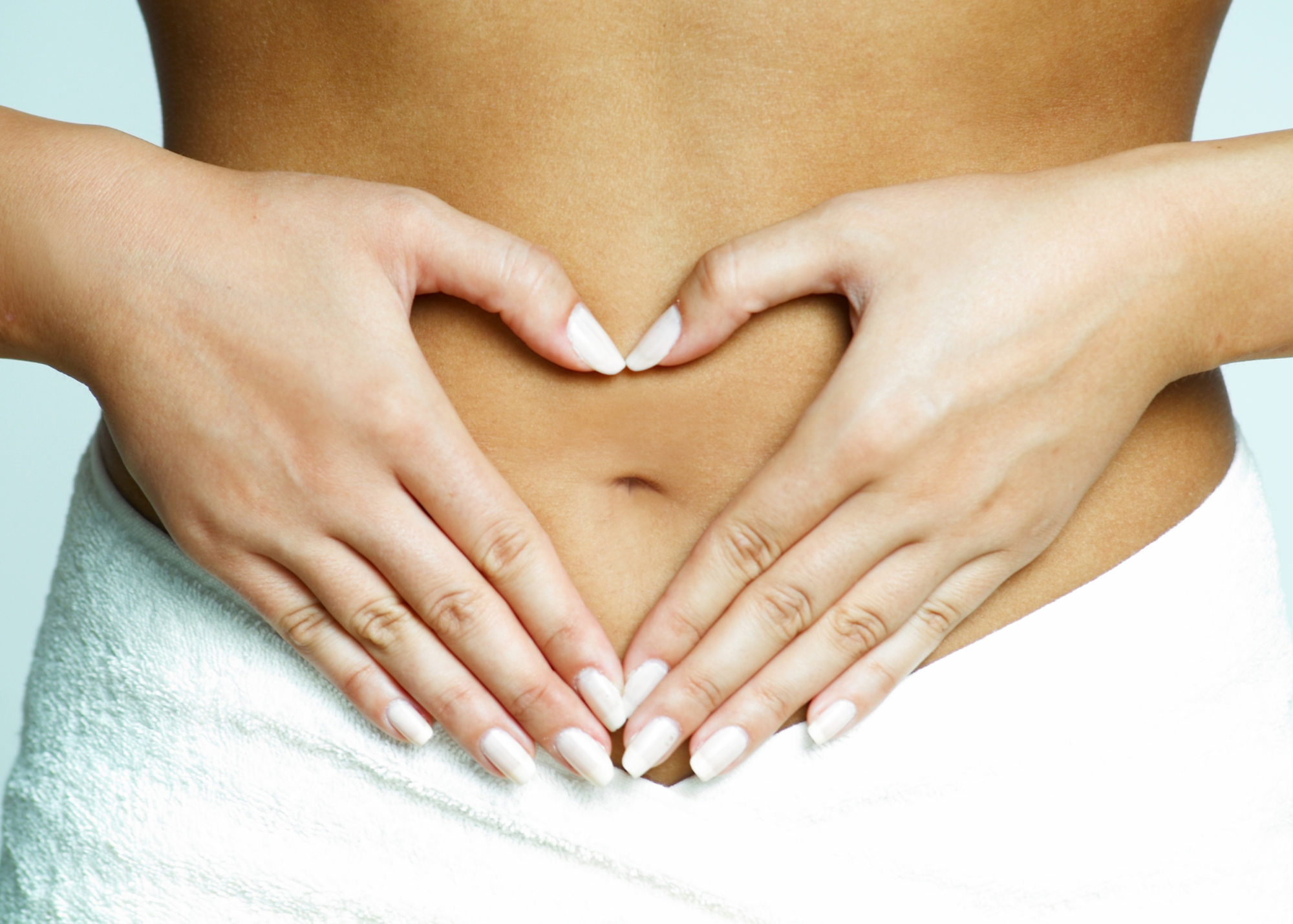
Share
In this Article
Key Takeaways
| Topic | Summary |
|---|---|
| Understanding Chronic Fatigue | Chronic fatigue is a persistent and excessive state of exhaustion that lingers for months, often accompanied by a range of other symptoms such as muscle pain, headaches, and cognitive difficulties. It affects a significant portion of women in their 40s, 50s, and beyond, particularly during perimenopause and menopause. |
| The Hormonal Connection | Hormonal fluctuations, particularly the decline in estrogen and progesterone levels during perimenopause and menopause, can trigger physical and emotional changes, including chronic fatigue. Additionally, imbalances in thyroid hormones can contribute to persistent fatigue. |
| Causes of Chronic Fatigue | Hormonal imbalances, stress and lifestyle factors, sleep disturbances, nutritional deficiencies, medical conditions and medications, mental health issues, and hormonal events like hysterectomies can all contribute to chronic fatigue in women over 40. |
| Symptoms of Chronic Fatigue | Persistent exhaustion, sleep disturbances, mood swings, hot flashes and night sweats, cognitive difficulties, and muscle and joint pain are common symptoms of chronic fatigue in older women. |
| Treatment and Management Strategies | Hormone replacement therapy (HRT), lifestyle modifications (exercise, diet, stress reduction, sleep hygiene), acupuncture, natural remedies and supplements, mind-body practices, and professional support can all help manage chronic fatigue in women over 40. |
| The Essential Mist combines prebiotics and Tremella mushroom to provide deep hydration, antioxidant protection, and skin rebalancing. It’s formulated to combat stress, dehydration, and fatigue, leaving you with a dewy, glowing complexion and boosting your energy levels. Buy Now |
As a healer, acupuncturist, and expert in joyful aging, I’ve seen up close how chronic fatigue affects women over 40. Hormonal changes during this time can seriously disrupt our energy, making us feel constantly tired and overwhelmed.
But let me reassure you, dear reader, that you’re not alone in this struggle. Chronic fatigue is actually one of the most common issues I hear about from women going through perimenopause and menopause. It’s a widespread problem that impacts many women in their 40s, 50s, and beyond.
Through my work at CARRINNA, I’ve helped many women regain their energy and passion for life. In this detailed article, I’ll explore the complex relationship between hormonal changes and chronic fatigue, discussing the causes, symptoms, and effective ways to manage this challenging condition.
Understanding Chronic Fatigue in Women Over 40
Before we go further, let’s define chronic fatigue. It’s more than just feeling tired after a long day or a bad night’s sleep. Chronic fatigue is a constant and overwhelming exhaustion that lasts for months and often comes with other symptoms like muscle pain, headaches, and cognitive difficulties.
For women over 40, chronic fatigue can be particularly challenging as it coincides with the hormonal upheaval of perimenopause and menopause. According to studies, a staggering 85% of women in perimenopause experience fatigue and low energy levels. This alarming statistic highlights the profound impact hormonal changes can have on our overall well-being.
The Hormonal Connection
At the heart of this issue lies the delicate dance of hormones that occurs during this transitional phase. As women approach menopause, the levels of estrogen and progesterone, two key hormones responsible for regulating our reproductive cycle, begin to fluctuate and eventually decline.
These hormonal shifts can trigger a cascade of physical and emotional changes, including hot flashes, mood swings, and yes, you guessed it, chronic fatigue. The decline in estrogen levels, in particular, has been linked to a decrease in energy levels and an increased risk of chronic fatigue syndrome.
But it’s not just the fluctuations in estrogen and progesterone that can contribute to fatigue. Thyroid function also plays a crucial role. As we age, our thyroid hormones can become imbalanced, leading to hypothyroidism (an underactive thyroid), a condition that often manifests as persistent fatigue.
Causes of Chronic Fatigue in Women Over 40
While hormonal changes are a major culprit, chronic fatigue in women over 40 can also stem from a variety of other factors. Let’s explore some of the most common causes:
- Hormonal Imbalances: In addition to the fluctuations in estrogen, progesterone, and thyroid hormones, imbalances in other hormones like cortisol (the stress hormone) and insulin can also contribute to fatigue.
- Stress and Lifestyle Factors: The demands of work, family life, and societal pressures can take a toll on our bodies and minds. Chronic stress, coupled with poor sleep, lack of exercise, and an unhealthy diet, can create a perfect storm for chronic fatigue.
- Sleep Disturbances: Sleep problems become increasingly common as we age, with conditions like insomnia and sleep apnea disrupting our sleep patterns and leading to daytime fatigue.
- Nutritional Deficiencies: A diet lacking in essential vitamins and minerals, such as iron, vitamin B12, and vitamin D, can impact our energy levels and exacerbate fatigue.
- Medical Conditions and Medications: Chronic illnesses like diabetes, autoimmune disorders, and heart disease can drain our energy reserves. Additionally, certain medications used to treat these conditions may have fatigue as a side effect.
- Mental Health Issues: Conditions like depression, anxiety, and chronic stress can manifest as persistent fatigue, often requiring psychological or psychiatric intervention.
- Hormonal Events: Significant hormonal events like pregnancy, childbirth, and hysterectomies (removal of the uterus) can also contribute to fatigue. In fact, studies have shown that women who have had a hysterectomy experience a 9.2% increase in the frequency of fatigue compared to those who haven’t.

Symptoms of Chronic Fatigue in Women Over 40
Recognizing the symptoms of chronic fatigue is crucial for seeking timely treatment and support. While persistent exhaustion is the hallmark symptom, chronic fatigue can also present with a range of other issues, including:
- Sleep Disturbances: Insomnia, restless sleep, or waking up feeling unrefreshed can be signs of an underlying sleep disorder contributing to fatigue.
- Mood Swings: Hormonal fluctuations can lead to mood swings, irritability, anxiety, and even depression, all of which can exacerbate feelings of fatigue.
- Hot Flashes and Night Sweats: These vasomotor symptoms, common during perimenopause and menopause, can disrupt sleep patterns and contribute to daytime fatigue.
- Cognitive Difficulties: Brain fog, memory lapses, and difficulty concentrating are often reported by women struggling with chronic fatigue.
- Muscle and Joint Pain: Unexplained muscle aches, joint stiffness, and headaches can accompany chronic fatigue syndrome.
If you’re experiencing a combination of these symptoms, it’s essential to consult with a healthcare professional to rule out any underlying medical conditions and develop an appropriate treatment plan.
Treatment and Management Strategies
While chronic fatigue can be a challenging condition, there are various treatment and management strategies available to help you regain your energy and reclaim your vitality. Let’s explore some of the most effective approaches:
Hormone Replacement Therapy (HRT)
For women experiencing fatigue due to hormonal imbalances associated with menopause, hormone replacement therapy (HRT) can be a game-changer. HRT involves supplementing the body with synthetic or bioidentical hormones to alleviate menopausal symptoms, including fatigue. However, it’s crucial to consult with a healthcare provider to determine if HRT is the right choice for you, as it may not be suitable for everyone. It’s worth noting that HRT can significantly improve a wide range of menopause symptoms, including fatigue, within 3-4 months of starting treatment. However, as with any medical treatment, there are potential risks and side effects to consider, so it’s essential to have an open dialogue with your healthcare provider.
Lifestyle Modifications
Regular Exercise: Engaging in moderate-to-vigorous physical activity can be a powerful antidote to chronic fatigue. Regular exercise has been shown to improve energy levels, boost mood, and promote better sleep. Find an activity you enjoy, whether it’s brisk walking, swimming, or yoga, and make it a part of your routine.
Healthy Diet: Ensuring a balanced diet rich in essential vitamins, minerals, and nutrients can provide the fuel your body needs to combat fatigue. Focus on incorporating whole, nutrient-dense foods like fruits, vegetables, lean proteins, and complex carbohydrates into your meals.
Stress Reduction: Chronic stress can deplete our energy reserves and exacerbate fatigue. Incorporating stress-reducing techniques like meditation, deep breathing exercises, or yoga into your daily routine can help you manage stress more effectively.
Sleep Hygiene: Establishing good sleep habits is crucial for combating fatigue. Aim for 7-9 hours of quality sleep each night, and consider implementing strategies like limiting screen time before bed, creating a relaxing bedtime routine, and maintaining a cool, dark, and quiet sleep environment.
Acupuncture
As a proponent of ancient Chinese medicine practices, I cannot emphasize enough the potential benefits of acupuncture for managing chronic fatigue. This holistic approach involves the strategic placement of thin needles at specific points on the body to release tension, alleviate pain, and restore energy flow. Studies suggest that regular acupuncture sessions can help reduce stress levels, improve sleep quality, and increase energy levels in individuals with chronic fatigue syndrome.
Natural Remedies and Supplements
For those seeking a more natural approach, there are various herbal remedies and supplements that may help alleviate chronic fatigue. However, it’s crucial to consult with a healthcare professional before incorporating any new supplements into your routine, as they can interact with medications or have potential side effects. Some popular natural remedies for fatigue include adaptogenic herbs like ashwagandha, rhodiola, and ginseng, which are believed to help the body cope with stress and support adrenal function. Additionally, supplements like iron, vitamin B12, vitamin D, and magnesium may help address nutritional deficiencies contributing to fatigue.
Mind-Body Practices
Incorporating mind-body practices like mindfulness meditation, yoga, tai chi, or qigong can be incredibly beneficial for managing chronic fatigue. These practices not only promote relaxation and stress reduction but also cultivate a heightened awareness of the mind-body connection, helping you better understand and address the root causes of your fatigue.
Professional Support
In some cases, chronic fatigue may be a symptom of an underlying medical condition or mental health issue. If lifestyle modifications and natural remedies aren’t providing relief, it’s essential to seek the guidance of a qualified healthcare professional. They can help rule out any underlying conditions and develop a personalized treatment plan tailored to your specific needs.
Recommended Product; Revitalize Your Skin with the Essential Mist
If you’re looking for an all-natural way to combat chronic fatigue and boost your energy levels, I highly recommend trying our “Essential Mist” from CARRINNA. This rejuvenating facial mist combines the power of prebiotics and Tremella mushroom to provide deep hydration, antioxidant protection, and skin rebalancing. But its benefits go beyond just revitalizing your complexion. The Essential Mist is formulated to combat stress, dehydration, and fatigue, leaving you with a dewy, glowing complexion that radiates from the inside out. By nourishing your skin with these potent botanicals, you’ll not only look refreshed but also feel more energized and vibrant. Incorporate the Essential Mist into your daily routine for a natural boost of radiance and vitality.
FAQ
The most common causes include hormonal changes (particularly fluctuations in estrogen, progesterone, and thyroid hormones), stress, sleep disturbances, nutritional deficiencies, medical conditions, and mental health issues.
As women approach menopause, the decline in estrogen and progesterone levels can trigger a range of physical and emotional changes, including chronic fatigue. These hormonal shifts can also impact thyroid function, further contributing to fatigue.
Yes, chronic fatigue can be a symptom of various medical conditions, such as thyroid disorders, anemia, diabetes, autoimmune diseases, and certain cancers. It’s essential to consult a healthcare professional to rule out any underlying health issues.
HRT can be an effective treatment for alleviating menopausal symptoms, including fatigue, but it may not be suitable for everyone. It’s crucial to discuss the potential risks and benefits with a healthcare provider to determine if HRT is the right choice for you.
Incorporating regular exercise, following a balanced and nutrient-rich diet, practicing stress-reducing techniques, and improving sleep hygiene can all help combat chronic fatigue in women over 40.
Acupuncture, mindfulness practices, and certain herbal remedies and supplements (like adaptogenic herbs, iron, vitamin B12, and vitamin D) may help alleviate chronic fatigue, but it’s essential to consult with a healthcare professional before trying any new treatments.
Conclusion
Chronic fatigue is a complex and multifaceted issue that affects countless women over 40, but it’s a challenge that can be overcome with the right strategies and support. By understanding the intricate interplay between hormonal changes, lifestyle factors, and overall well-being, we can take proactive steps to manage this debilitating condition.
At CARRINNA, we understand the profound impact chronic fatigue can have on your quality of life, and we’re here to support you every step of the way. Our Healing Packages offer a holistic approach to well-being, combining traditional acupuncture, intuitive energy healing, and personalized guidance to help you regain your vitality and embrace the joyful aging process.
Remember, you are not alone in this journey. By prioritizing self-care, seeking professional support when needed, and embracing a multifaceted approach to managing chronic fatigue, you can reclaim your energy and rediscover the zest for life that may have been dulled by this persistent condition.
Self-care is an essential aspect of my philosophy, and it’s why I have created products such as my Essential Mist. This invigorating mist is composed of a White Tea and Rosewater base with a reparative blend of Prebiotics and East Asian Medicinal plants of Ginseng and Tremella, which helps combat stress, dehydration, and fatigue. Additionally, I offer consultations for those who are looking to further prioritize their self-care and wellness journey.








